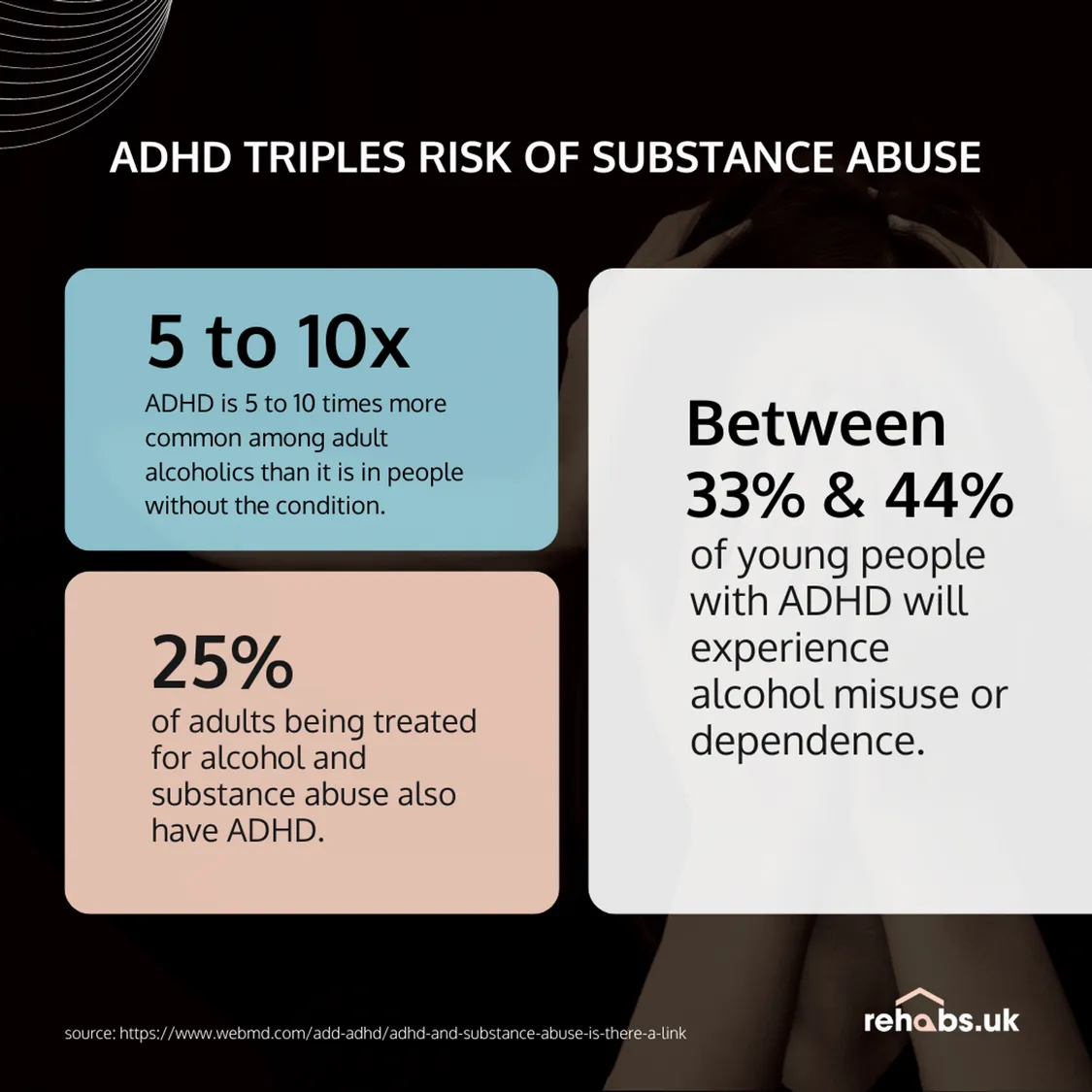05 Mar 2024
Amphetamines are a class of stimulant drugs that are commonly prescribed to treat conditions such as attention deficit hyperactivity disorder (ADHD) and narcolepsy. However, they are also frequently abused for their euphoric effects, leading to recreational and non-medical use. For more detailed information on amphetamine addiction and rehabilitation, please refer to our existing page on Amphetamine Addiction & Rehab.
It is important to note that this information is not a substitute for professional medical advice. If you or someone you know is struggling with amphetamine addiction, please seek help from medical professionals or specialist services such as Rehabs UK.

What are the symptoms of amphetamine addiction?
Amphetamine addiction can manifest through various symptoms, which may vary from person to person and depending on the severity of the addiction.
"What does amphetamine do to the brain?"
In terms of its effects on the brain, amphetamine primarily acts by increasing the activity of certain neurotransmitters, particularly dopamine and norepinephrine. This leads to heightened alertness, increased focus, and elevated mood. However, chronic use can disrupt the natural balance of these neurotransmitters, leading to tolerance, dependence, and addiction.
High doses of amphetamine can intensify the side effects mentioned earlier and can also lead to more severe complications, including:
"What are the effects of high doses of amphetamine?"
Cardiovascular Effects:
- Arrhythmias (irregular heartbeat)
- Hypertension (high blood pressure)
- Increased risk of heart attack or stroke
Psychological Effects:
- Severe agitation or panic
- Psychosis (loss of touch with reality)
- Extreme paranoia
- Delusions
Overdose and Toxicity:
- Hyperthermia (elevated body temperature)
- Seizures
- Rhabdomyolysis (breakdown of muscle tissue)
- Coma
- Death
"What are the effects of amphetamine toxicity?"
Amphetamine toxicity occurs when the drug accumulates in the body to dangerous levels, overwhelming the body's natural detoxification mechanisms. It can result from acute overdose or chronic use at high doses. Immediate medical attention is required in cases of suspected amphetamine toxicity or overdose.
Psychological signs of amphetamine addiction
- Increased agitation or irritability
- Paranoia or hallucinations
- Mood swings and emotional instability
Psychological signs of amphetamine addiction can significantly impact an individual's mental well-being and interpersonal relationships.
Behavioural signs of amphetamine addiction
- Changes in social circles and withdrawal from family and friends
- Neglect of responsibilities at work, school, or home
- Engaging in risky behaviours to obtain or use amphetamines
Behavioural changes associated with amphetamine addiction can often be observed by those closest to the individual. Seeking guidance from medical experts and support services is crucial in addressing these behaviours effectively.
Physical signs of amphetamine addiction
- Rapid weight loss or changes in appetite
- Insomnia or irregular sleep patterns
- Dilated pupils and increased heart rate
"Does amphetamine make you sleepy?"
No, amphetamine typically does not make you sleepy. In fact, it's a central nervous system stimulant, meaning it generally increases alertness, energy, and wakefulness. Amphetamine is commonly used to treat conditions such as attention deficit hyperactivity disorder (ADHD) and narcolepsy precisely because of its stimulating effects on the brain. However, individual reactions to medications can vary, so it's essential to follow medical advice and monitor any side effects experienced.
Physical indicators of addiction may manifest gradually or become more pronounced over time. Early recognition of these signs of amphetamine addiction can facilitate timely intervention and access to appropriate treatment options.
How to support someone with amphetamine addiction
Supporting a loved one through amphetamine addiction requires patience, understanding, and access to resources. Rehabs UK offers expertise in assisting individuals and their families through the recovery journey.
Amphetamine withdrawal symptoms
- Fatigue and exhaustion
- Depression or anxiety
- Cravings for amphetamines
Understanding the symptoms of amphetamine withdrawal is essential for providing effective support during the recovery process. Rehabs UK's comprehensive approach encompasses tailored treatment plans and ongoing support to address these challenges.
Get in touch today
If you or someone you care about is struggling with amphetamine addiction, know that help is available. Treatment options range from outpatient therapy to residential rehabilitation programmes, depending on individual needs.
Take the first step towards recovery by reaching out to medical professionals or contacting Rehabs UK for personalised support who can also advise on addiction treatment for those diagnosed with ADHD. Fill out our contact form today to begin a journey towards a healthier, addiction-free life.
